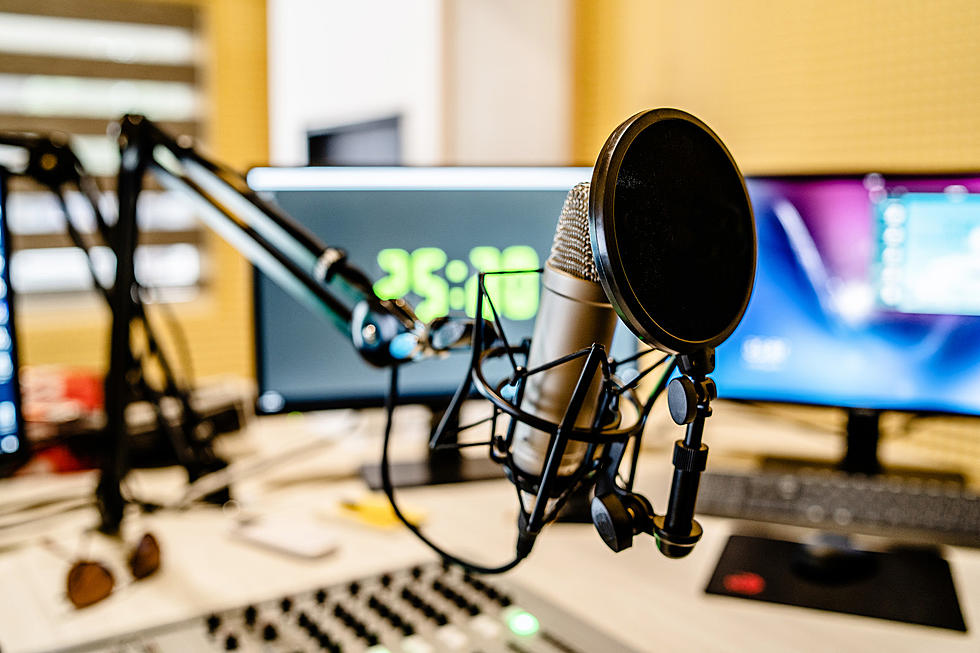
New Scandal Renews Quest For Defunding Wyoming Public Media
A longstanding NPR reporter and insider, Uri Berliner, has found himself increasingly disillusioned with what he called "NPR's corruption".
He has just released an op-ed expressing his frustration with what was once a form of American media that did a lot of good for the nation.
I've been at NPR for 25 years. Here's how we lost America's trust. wrote Uri Berliner
News from public radio and TV has become more leftist biased with no balance left in it.
“An open-minded spirit no longer exists within NPR, and now, predictably, we don’t have an audience that reflects America,” Berliner stated.
The news veteran counted 87 registered Democrats occupying the editorial room at NPR in Washington, DC.
There were zero Republicans or any other points of view.
When he pointed out the lack of diversity, he was treated with indifference.
Watch the video below for an interview with Uri Berliner.
Uri Berliner goes on to explain how stories that did not agree with Public Media's narrative were ignored. Mistakes were made, and corrections were never issued.
OPINION: My name is Glenn Woods. I was a long-time listener to public radio and a viewer of public TV news. Over the years, as it leaned further to the left and lost all sense of diversity, I gave up on it.
FULL DISCLOSURE: I'm writing this as a commercial radio broadcaster. I host Wyoming's statewide morning talk show Wake Up Wyoming.
Last year, Oklahoma Gov. Kevin Stitt, R., vetoed a bill that would have continued to bankroll the Oklahoma Educational Television Authority, which operates statewide Public Broadcasting or PBS.
He has a list of reasons that he thinks his state's public radio and TV stations are out of touch and not beneficial for his state.
Among them, Gov. Stitt sees his state's Public Broadcasting as extremely left-wing when they are meant to be neutral in their opinions.
Public radio and television were created back when there were very few broadcast stations nationwide.
Folks did not have much for news and other important information back then.
There was no such thing as satellite or cable, and no one had imagined the Internet.
So the government used taxpayer money, along with help from corporate sponsors and audience donations, to pay for a network of radio and TV stations nationwide.
At the time, this was helpful to "Flyover Country" in the West and Midwestern states.
But today, not many people watch broadcast TV.
Don't worry if cable TV and the Internet are interpretable in many hard-to-reach places out West.
Just look at any rooftop, and you'll see those small dishes collecting all of that for every individual home.
Americans today are saturated with any sort of media they may want, any time they want.
So, the need for a publicly funded TV and radio network is gone.
Over the years, many of the shows on Public TV have made so much money on their own that they don't need any public funding, but they still get it.
Sesame Street is one example of a very successful show that brings in more than enough money to keep running even if the taxpayer money were shut off today.
If there were no more public TV commercial networks, they would gladly pick up those shows.
Most Public TV and Radio stations make enough money through corporate sponsorships and donations from followers to keep going.
Anyone who might be in danger of going dark could always switch to commercial broadcasting to keep going.
If they can't make it, then so be it.
That means that they really did not have much of an audience anyway.
No need to keep something going when nobody is really interested in it.
Why fund the obsolete?
Wyoming PBS gets an "endowment" match from the state. Basically, they are responsible for matching government funds with public funding:
Thanks to your generosity, the WyomingPBS Foundation completed the State Production Endowment match in which the Wyoming Legislature committed $1.5 million to match $1.5 million to be raised by the Foundation, and we completed it a year ahead of schedule. Earnings from this Endowment provide the funding necessary to produce local programs like Our Wyoming, Wyoming Chronicle, and Capitol Outlook.
The Old Gold Rush Town Of Atlantic City Wyoming
Gallery Credit: Glenn Woods
A New Book About Wyoming's Big Nose George
Gallery Credit: Glenn Woods
